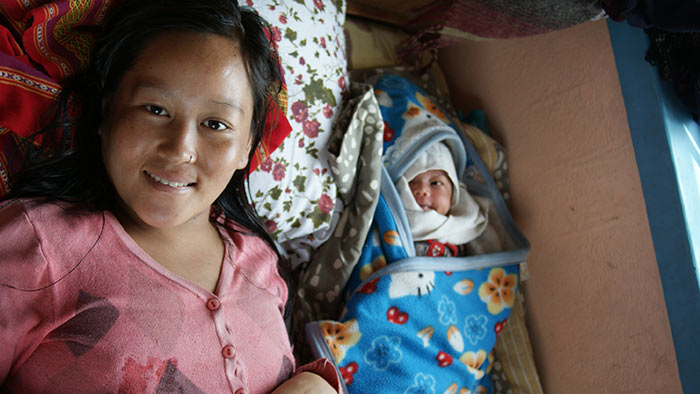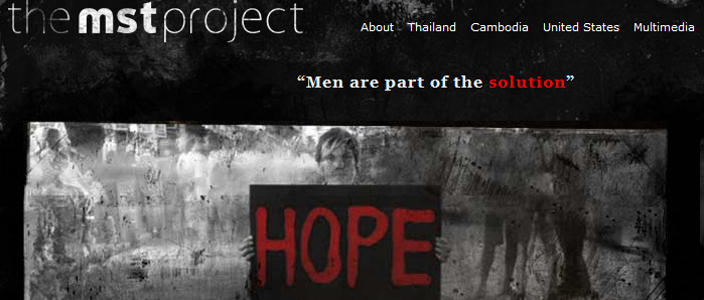Reshma looked like a child herself as she lay sobbing for her baby. In painful recovery from a C-section, but with no baby in her arms, she was inconsolable. Seven months earlier, she had nearly decided to abort, but a missionary she happened to meet in Kathmandu urged her to preserve the life and promised to take the baby and raise it. Besides abortion, that was her only other choice.
Reshma’s pregnancy was the result of one of the many times she was raped. From a remote village in Nepal, she was lured to the city with the promise of work, and ended up enslaved by a bar owner that sold girls for sex along with the drinks. She had no family to run to, no friends in the city, knew of no place to flee where she and her child could survive, so in mid-May when the baby came, the nameless little girl was delivered from Reshma’s womb into the hands of the missionary family.
The family had heard about Shared Hope’s partner, Asha Nepal, outside Kathmandu—a place that understood and loved young women like her and would offer her a place to recover from her surgery—and they made arrangements for Reshma to come to Asha Nepal. She was received with warmth and tenderness, something she was amazed to experience. But more than that, she learned that this was a place that was alive with children also! As she lay on her bed, hearing their voices, the regret of giving up her baby overwhelmed her. She had no idea there was a place like this–that would love and care for her—much less her child too!
The Shared Hope team arrived at Asha Nepal the day after Reshma came to them and was immediately caught up in the dramatic events as Asha Nepal’s director interceded with the missionary family to reunite mom and baby. With sadness but with blessing, they agreed to give back the precious little one that Reshma named “Angel.” There was great emotion at Asha Nepal and a joyful welcome into their new family when little Angel was placed in the arms of a beaming Reshma.

The timing of the Shared Hope visit was serendipity! It gave us a first hand, vivid demonstration of how our supporters love and generosity changes tears of sorrow to tears of joy! We’re so thankful!









